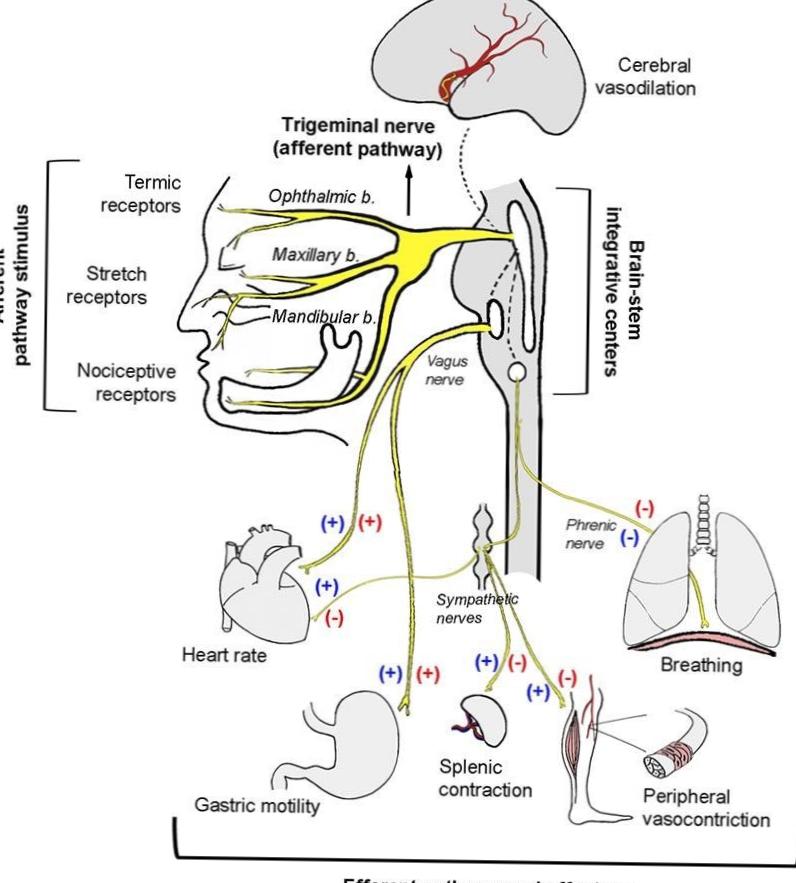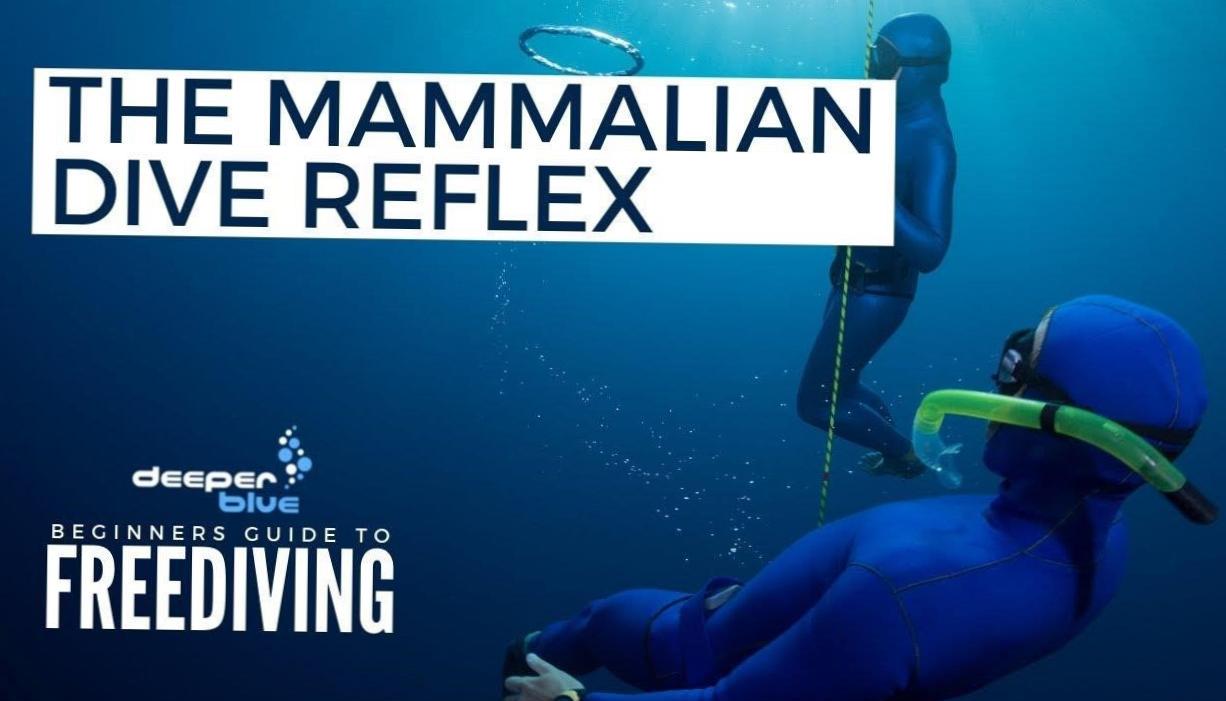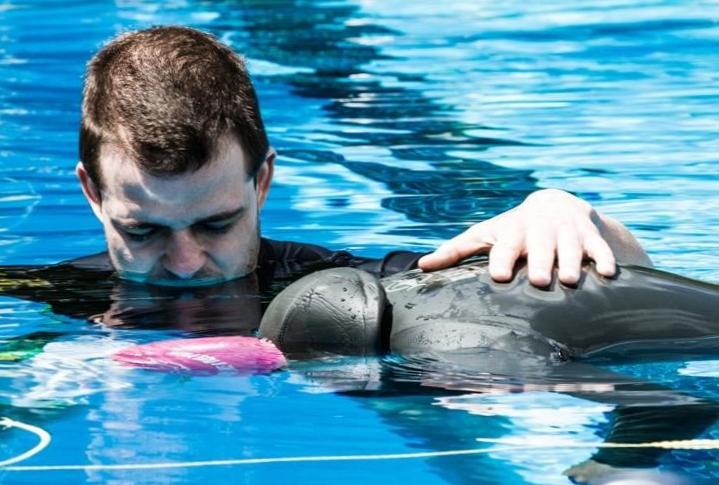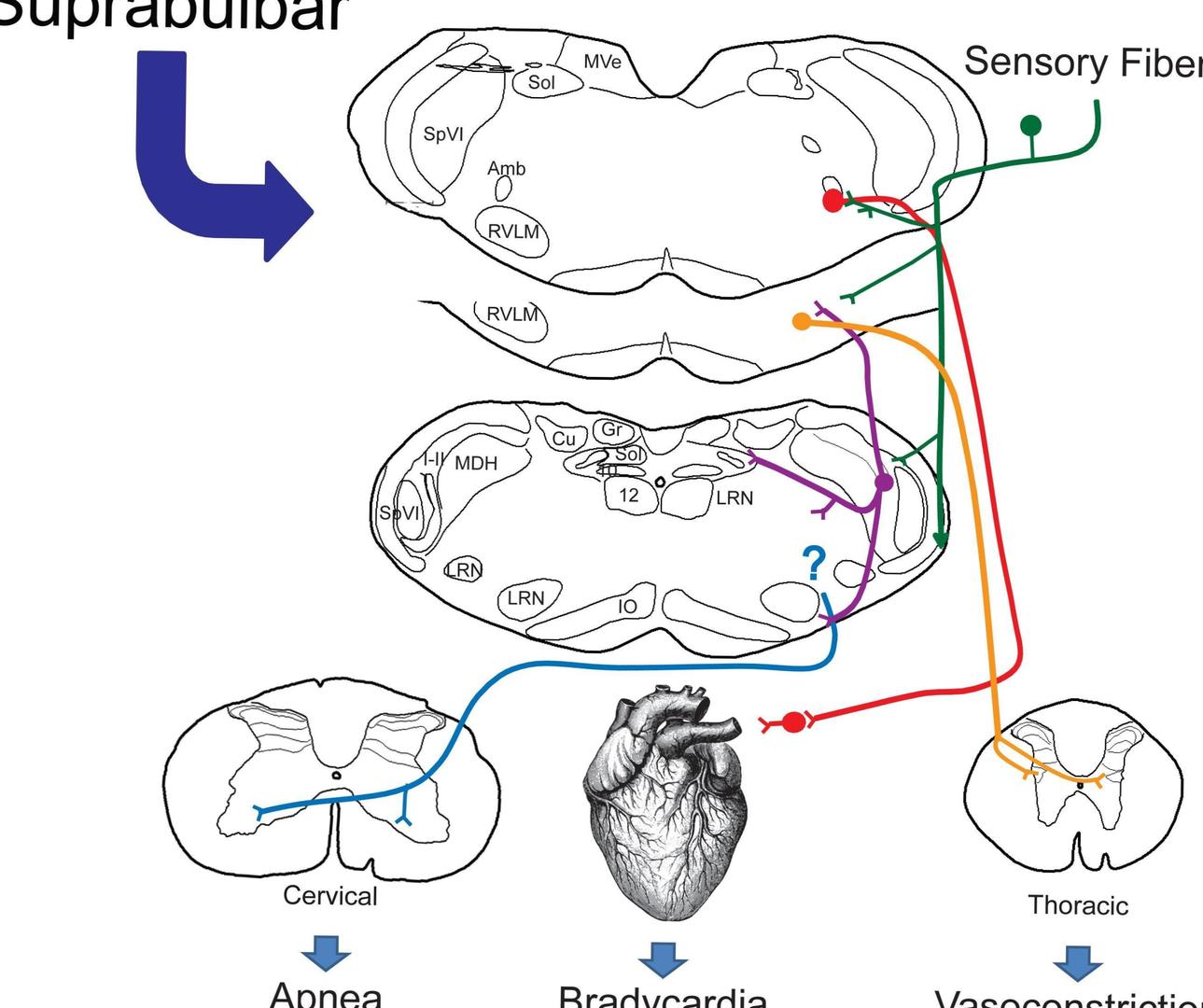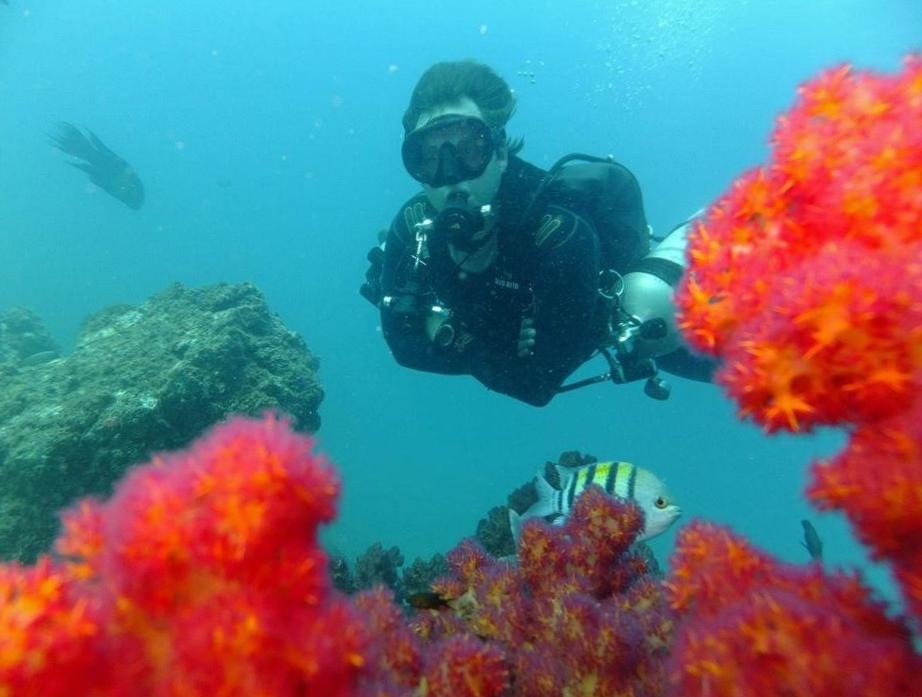Diving Reflex: Exploring the Science Behind this Fascinating Phenomenon
Diving Reflex: Exploring the Science Behind this Fascinating Phenomenon
Have you ever wondered how our bodies adapt to water? That’s where the incredible diving reflex comes into play. The diving reflex is a fascinating phenomenon that allows humans and certain animals to conserve oxygen while submerged in water. It triggers a series of physiological changes aimed at ensuring our survival in an aquatic environment. Let’s dive deeper into the science behind this remarkable adaptation and uncover the secrets that lie beneath the surface. Join us on this exciting journey as we explore the mechanisms, benefits, and limitations of the diving reflex. Get ready to be amazed!
Diving Reflex: Exploring the Science Behind this Fascinating Phenomenon
Have you ever wondered how your body responds to being submerged in water? It turns out that humans possess an incredible adaptation called the diving reflex that allows us to survive and thrive underwater. This extraordinary phenomenon is triggered by cold water touching our faces, particularly our cheeks and forehead. When this happens, our heart rate decreases significantly, diverting blood flow away from our limbs and towards our vital organs, including the heart and brain. This response helps conserve oxygen and enables us to hold our breath underwater for extended periods. But why does the diving reflex occur, and how does it benefit us? Let’s dive deeper into the science behind this captivating phenomenon.
Diving Reflex: Exploring the Science Behind this Fascinating Phenomenon
Have you ever wondered why you can hold your breath longer when you submerge yourself in water? Or why your heart rate slows down when you’re swimming underwater? The answer lies in a fascinating physiological mechanism called the diving reflex. This automatic response occurs when our face is submerged in cold water, triggering a series of physiological changes in our body. Understanding the diving reflex is vital not only for those who participate in water sports or training but also for medical professionals and researchers studying the human body’s adaptive capabilities. By delving into the science behind this reflex, we can gain valuable insights into how our bodies function and adapt in different environments. So, let’s dive in and explore the intriguing world of the diving reflex!
Diving Reflex: Exploring the Science Behind this Fascinating Phenomenon
Have you ever wondered why some people can hold their breath underwater for an unusually long time? It’s all thanks to a remarkable physiological response known as the diving reflex. This intriguing mechanism is what allows our bodies to adapt and survive in aquatic environments. So, how does it actually work? When we submerge our faces in cold water, or even when water touches our faces, our body initiates a series of automatic responses to conserve oxygen and redirect blood flow to vital organs. The diving reflex is most prominent in infants, but adults still retain this incredible ability. To understand this phenomenon better, let’s dive into the functioning of the diving reflex and uncover the secrets it holds.
what’s diving reflex


